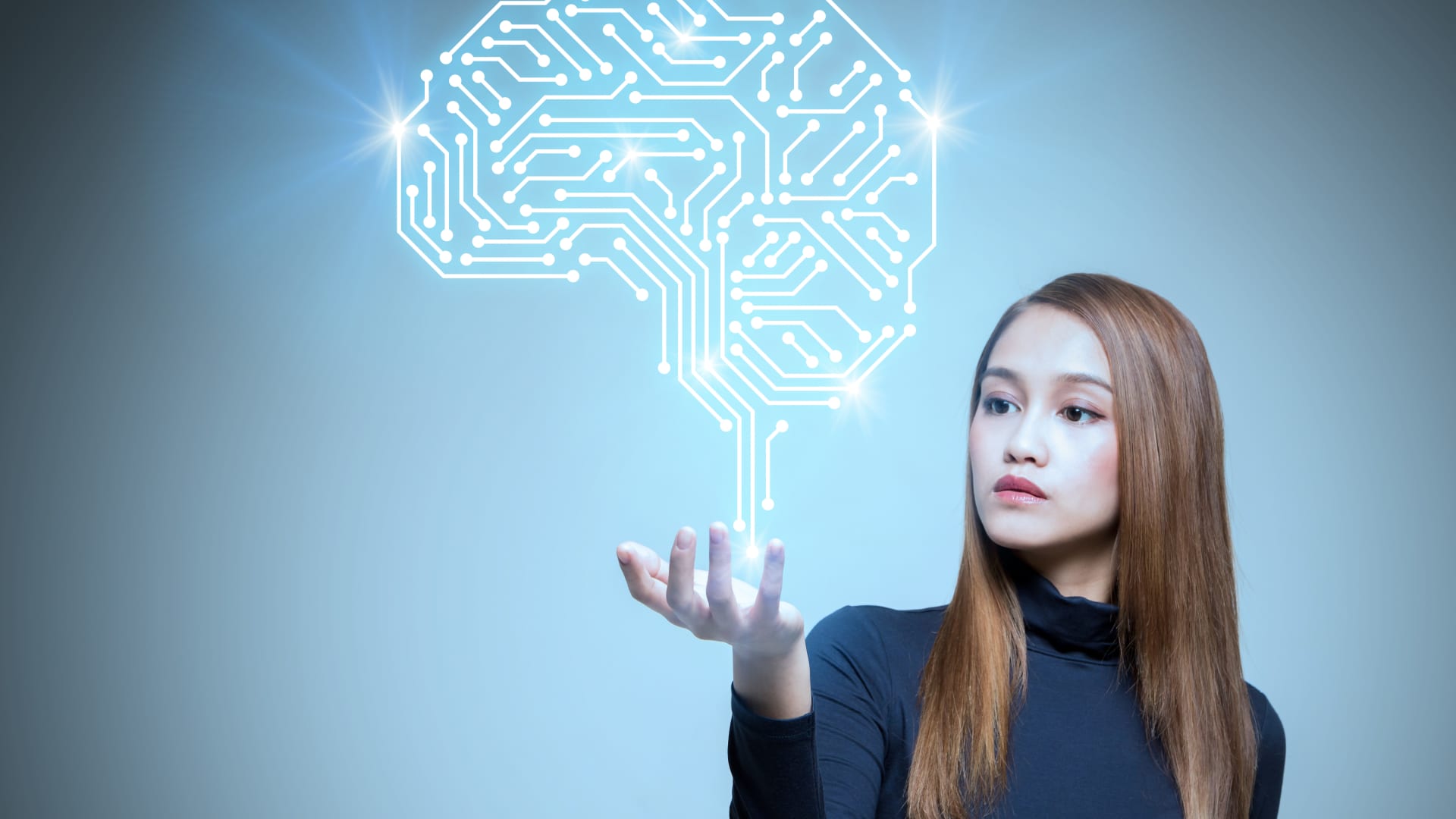Generative AI isn’t just a buzzy new topic – it’s revolutionizing the workforce.
While historically, automation has mostly impacted blue-collar industries, “Gen AI is flipping the script,” according to McKinsey.
“More-educated workers will likely experience the greatest degree of impact,” the management consultancy said in a recent report.
Is AI a threat to jobs?
Generative AI is a type of artificial intelligence capable of generating images, text or other content.
The technology is expected to boost productivity, cut costs and create new growth opportunities across a wide range of industries.
AI technology may have been been around for more than 50 years, but since the launch of OpenAI’s chatbot ChatGPT in November 2022, Generative AI has quickly become a topic of conversation for employers and employees alike.
ChatGPT, an AI chatbot by OpenAI, was built on a large language model that helps users come up with answers to questions, refine essays or resumes and even generate images and videos. It has sparked debate about the potential of how AI can revolutionize industries and work — and possibly even make jobs redundant.
How do I keep up?
With the rapid adoption of the technology, experts generally agree employees can keep up with the demands of the changing landscape by learning how to “upskill” or “reskill.”
Nearly three in five whitecollar employees report using generative AI on a weekly basis. It has brought a level of optimization and automation to tasks once thought to be immune to such disruption.
Oliver Wyman conducts monthly surveys of more than 200,000 people across 20 countries to gather data about attitudes surrounding Generative AI and other trends.
The study found that employers are prioritizing certain skill sets when it comes to keeping their workers up to date.
Here are five skillsets to help you stay relevant in the changing landscape:
- Analytical thinking
- Creative thinking
- Leadership and social influence
- AI and big data
- Curiosity and lifelong…
Read the full article here

Leave a Reply